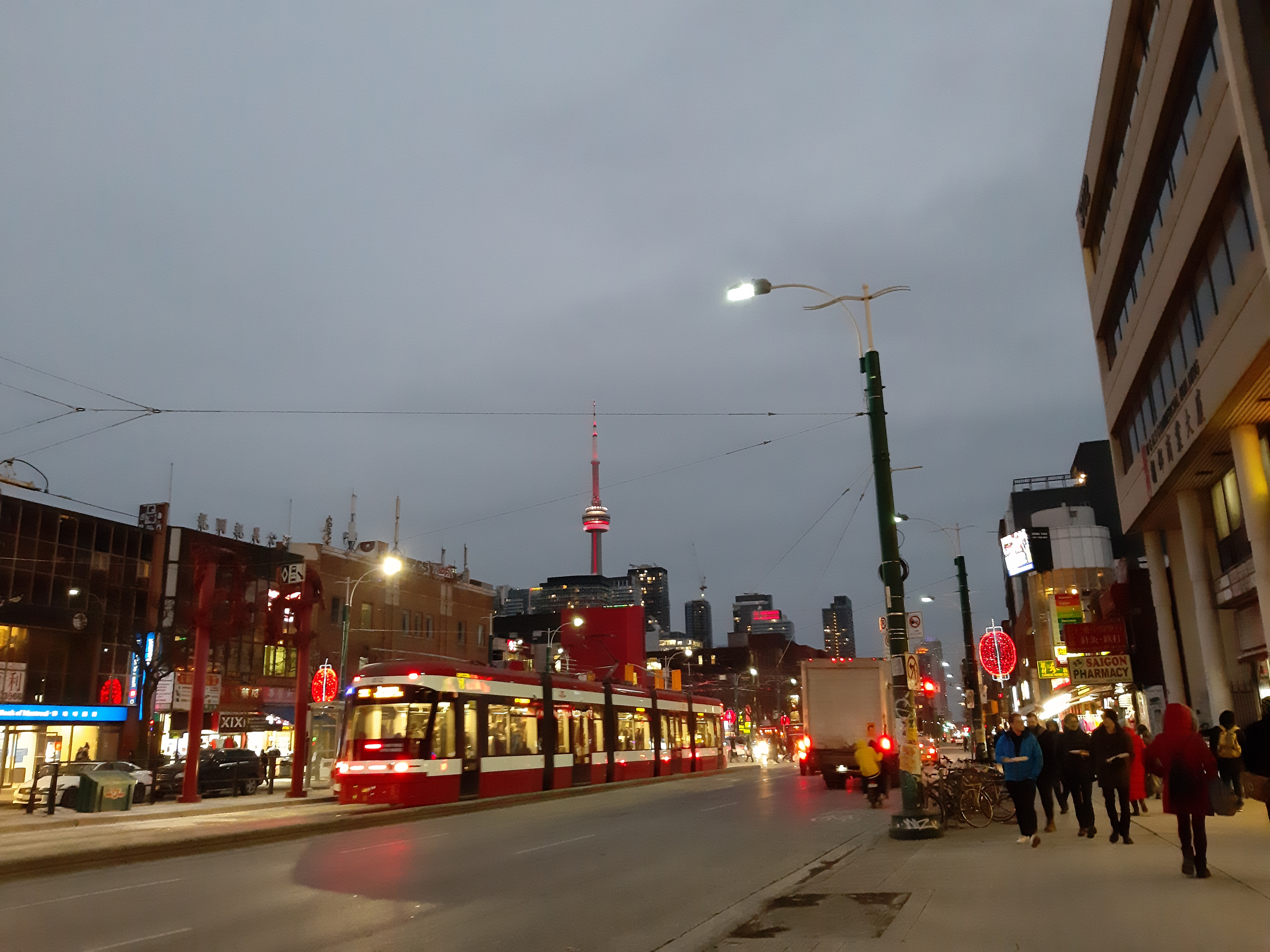I have not yet reported on my new(ish) membership of the Society for Editors and Proofreaders (effective as of March). This UK-based organization has members all over the globe and offers many benefits to editors, including a wide range of courses and many (local) events to attend. Seeing as I’m based in Europe for now, it made sense to join an association located next door with events that are only a train or boat ride away (I’m trying not to fly within Europe; more in this below).
What I especially like about the SfEP is its focus on training and community. Let me say something about training first. The SfEP offers training in core and editorial skills and for in-house editors. Members can obtain different grades of membership: Entry, Intermediate, Professional, and Advanced Professional, dependent on the amount of training they have completed and their work experience. Only members who have obtained the last two grades can advertise their services in the SfEP directory.
I think this thorough vetting process lends a lot of credibility to the SfEP and its members. I am currently an Entry-level member but am planning to upgrade to Intermediate soon (I should have enough training points by now). I will probably take the “Brush Up Your Grammar” course (next to my ongoing coursework at Queens University) and am planning to reach the Professional level as soon as I can. Continue reading

